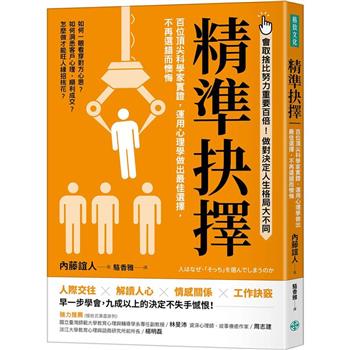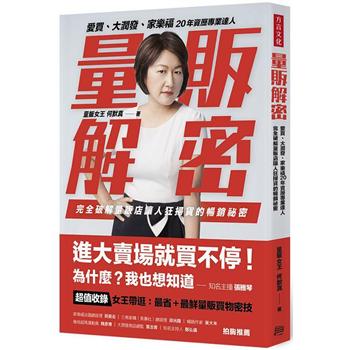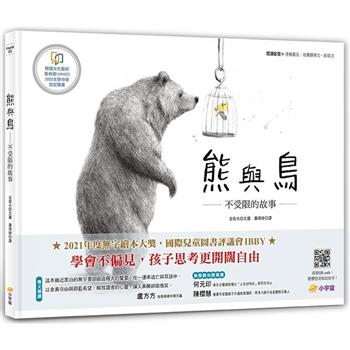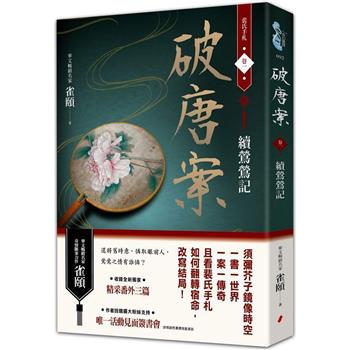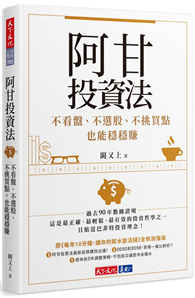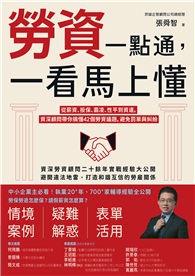This book explores how Indonesian writers circulate knowledge between the Indonesian, English, and Arabic languages to enact Islamic gender justice. Drawing from ethnographic data collected in Indonesia from 2009 to 2022, this book weaves a vivid account of how scholars at an Indonesian Ph.D. program in interreligious studies and three Muslim scholar-activists who studied there negotiate local and global audiences to activate knowledge where languages intersect. As these scholars engage in translingual praxis to make meaning at the borderlands where seemingly discrete knowledge traditions overlap, they rewrite socially-constructed divides between:
- rationality and spirituality;
- the mind and body;
- female agency and Islam; and
- English and non-Western meaning-making.
With its focus on the ways Indonesian scholar-activists negotiate power to enact social justice across intersecting languages, audiences, and contexts, this book will be of particular interest to scholars of translingual theory, transnational feminist rhetorics, and religious rhetorics.

 看圖書介紹
看圖書介紹